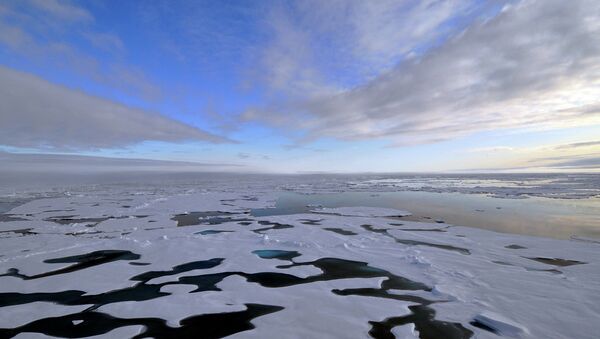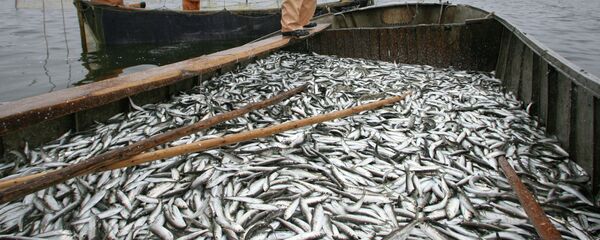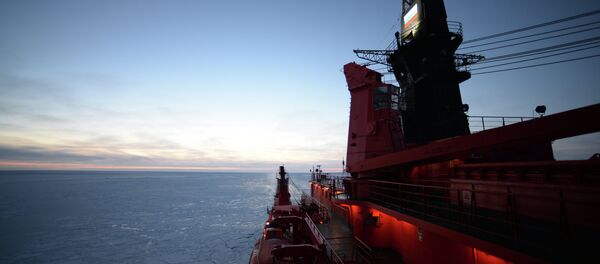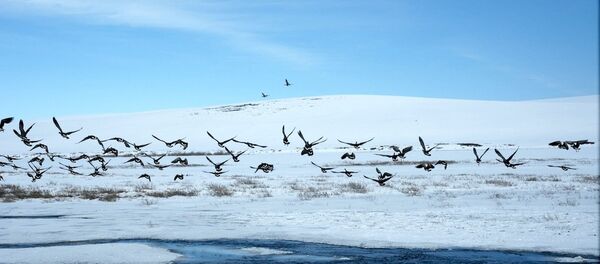“It’s probably a good way forward to limit all activity momentarily until there is scientific information available about the possibilities,” Director of International Affairs and Markets, Directorate-General for Maritime Affairs and Fisheries of the European Commission Stefaan Depypere said Monday on the sidelines of an international Arctic conference in Anchorage, Alaska.
In July, five Arctic countries, including Russia, the United States, Norway, Canada, Denmark signed a declaration aimed at preventing unregulated commercial fishing in the central Arctic Ocean. The countries also stated their intent to establish a joint program of scientific research to improve understanding of the region's ecosystems.
“Russia is one of the Arctic five who have set a voluntary moratorium on fishing in the Arctic. And so that, that is probably the basis which has been approved by the European Union,” Depypere added.
Although commercial fishing is not currently occurring in the area, due to climate change and the reduction of the Arctic ice-shelf the declaration serves mainly as a precautionary measure.
Global warming is opening up previously inaccessible areas of the Arctic Ocean to potential commercial opportunities, including oil and gas exploration, shipping, transportation and fishing.
EU to Invest Another $225Mln in Arctic Research by 2020
The European Union will invest some 200 million euro ($225 million) in researching the Arctic region by the end of the decade, Depypere told Sputnik.
"I think towards the end of this decade, we will invest another two hundred million euros in Arctic research," he said.
Depypere noted that the European Union has already invested some 200 million euro over the last couple of years.
He added that the bloc currently runs various scientific research programs, but he did not know the specifics of the projects that would receive the new funding.
The Arctic shelf is believed to hold enormous deposits of oil and natural gas. Five countries bordering the area are particularly interested in the wealth of the Arctic region, including Russia, the United States, Canada, Norway, and Denmark.
Some 20 countries and hundreds of policy makers, diplomats and scientists took part in the Global Leadership in the Arctic: Cooperation, Innovation, Engagement and Resilience (GLACIER) conference in Anchorage, Alaska, on August 30-31.
The participants discussed climate change, adaptation planning, strengthening coordination in Arctic affairs, and other urgent issues facing the Arctic today.






